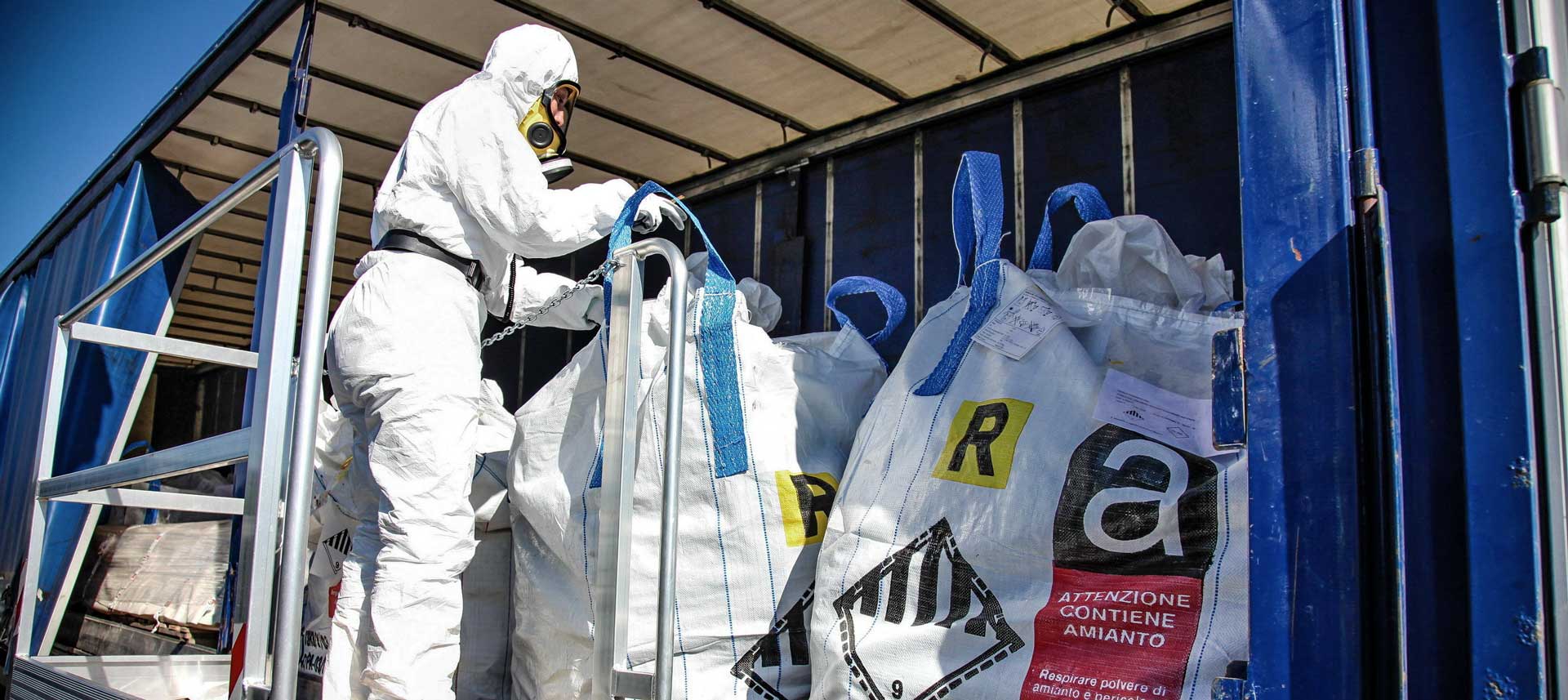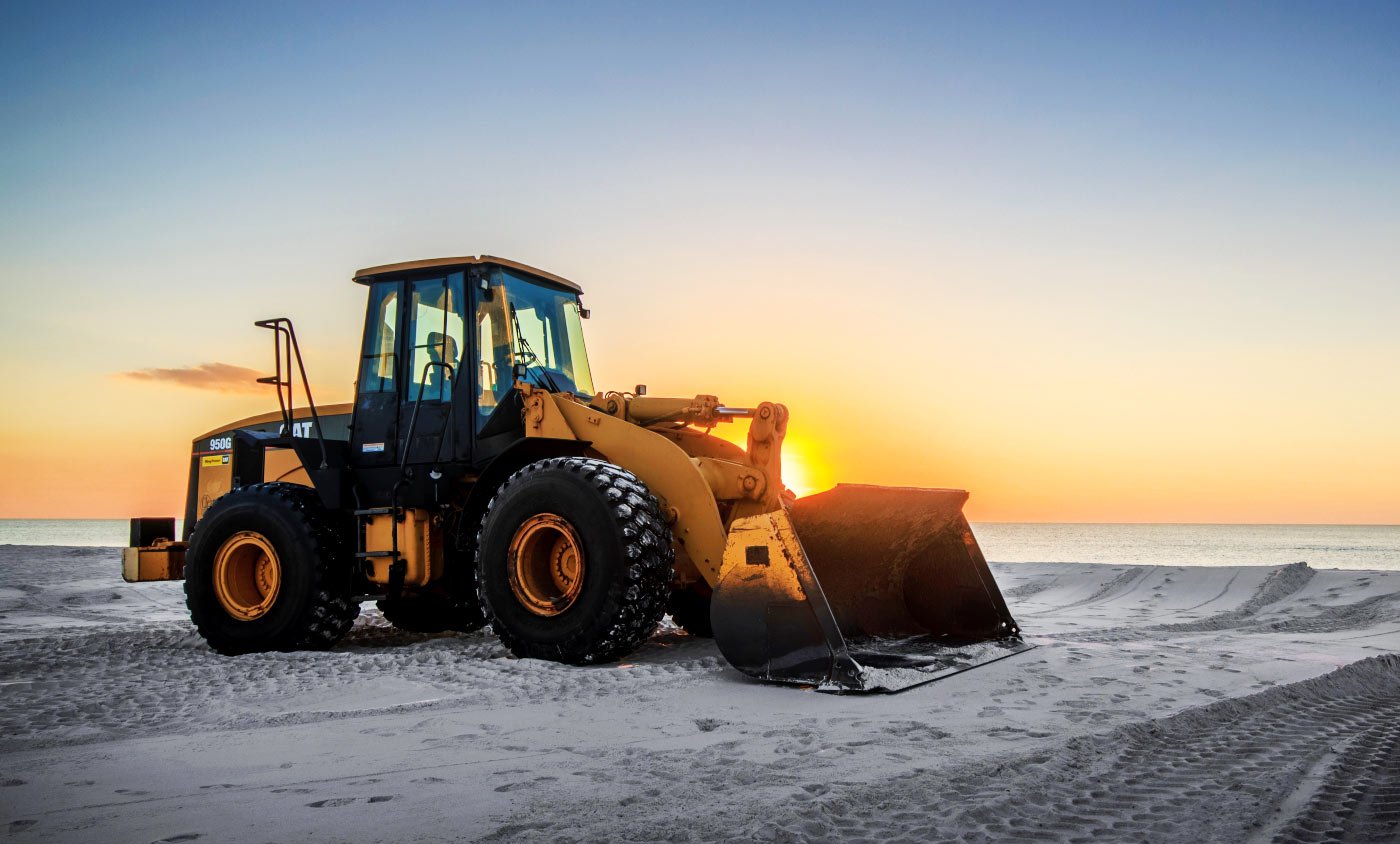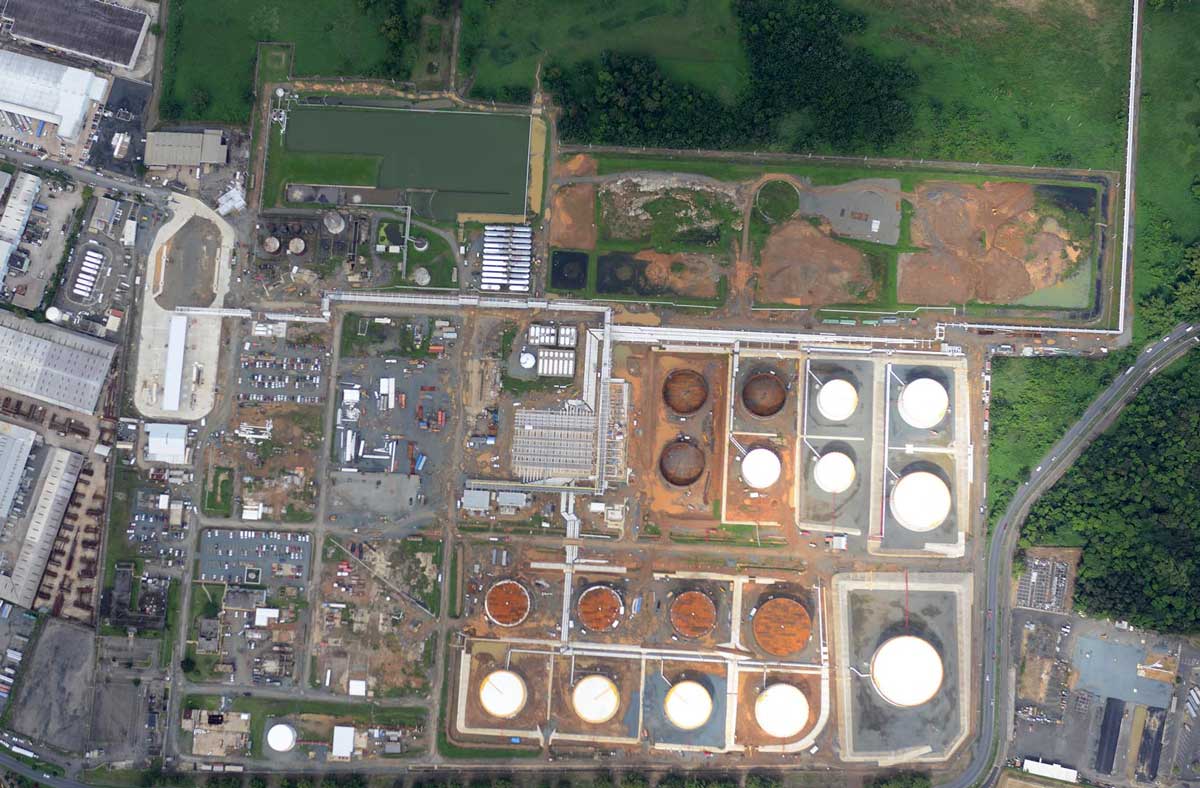As part of its efforts to help the Caribbean recover from the long-term impacts from hurricanes Irma and Maria, the U.S. Environmental Protection Agency (EPA) says it is giving $6.2 million to the Puerto Rico Department of Natural and Environmental Resources (DNER) as the first installment of a $40 million grant for hazardous and solid waste management financial assistance.
But the work is just beginning as the island struggles with a massive amount of waste flooding its landfills and a “crippling solid waste infrastructure,” the EPA says.
“EPA is partnering closely with Puerto Rico as we work collaboratively to tap into every eligible financial resource available to assist with the long-term recovery work and bring stability to the island, both environmentally and economically,” says EPA Regional Administrator Pete Lopez. “Many of Puerto Rico’s landfills were facing challenges such as not meeting requirements or nearing capacity before hurricanes Irma and Maria generated more than 12 million cubic yards of debris. This funding will help Puerto Rico’s government build capacity in its solid waste programs and help municipal landfills make urgent improvements.”
Hurricanes Irma and Maria devastated Puerto Rico in 2017. Irma grazed the island as a Category 5 hurricane in September of that year, leaving hundreds of residents without power. Just weeks later, Maria hit the island as a Category 5 hurricane, considered by many a “catastrophic event” that flooded homes, wiped out infrastructure and caused at least dozens of fatalities.
It is expected that EPA’s approval and financial backing of DNER’s waste management work plan will aid Puerto Rico’s post-storm landfill issues and develop a long-term sustainable solid waste program that addresses historic shortcomings and increases preparedness for managing waste from future storms. The work is expected to take seven years.
DNER proposes to implement the grant work plan activities in two phases. Phase I, funded by the $6.2 million installation, will begin shortly after grant funds are received with EPA oversight. It includes hiring and training staff, conducting a solid waste characterization study, updating Puerto Rico’s integrated solid waste management plan, and updating solid waste regulations to adequately design, construct and operate landfill systems.
A solid waste characterization study followed by a market analysis allows the government to understand the composition of materials discarded in the waste stream. Waste characterization data is collected by taking samples of waste and sorting it into material types, including recyclable items such as newspapers, cardboard, plastic bottles, glass bottles and jars, tin cans and small appliances. This study is the first step in developing and updating the integrated solid waste management plan and evaluating ways to reduce and manage waste and cut disposal costs. Additionally, the data collected will inform and assist the government of Puerto Rico when making future policy and regulation decisions in its efforts to improve its landfill operations.



